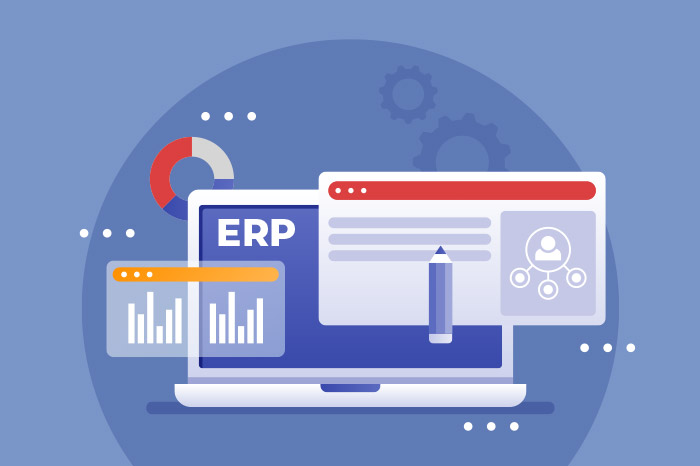
Do you want to upgrade specific functions of your business and move to the next level? If yes, while looking for ways to do it, you have probably come across terms like digital transformation, CRM, ERP, etc.
In this article, we will discuss ERP systems. Specifically, we will examine what ERP is and how it could help your business organize, manage, and optimize its operations.
Let’s start!
What ERP means – Definition
The first step you have to do is to understand what ERP means. Obviously, it is an acronym that comes from the words Enterprise Resource Planning.
Let’s explain each term separately. Enterprise refers to the company as a whole, while the word resource means all the resources available to a business (human and financial resources and products). Finally, planning refers to scheduling, which means organizing and managing all business resources.
We will see all these in detail later.
ERP system: Which business functions it includes
An intergraded ERP system consists of particular embedded applications – known as modules.
Using these applications, a company:
- collects,
- stores,
- organizes,
- manages, and
- processes the data for its activities.
Some of the most important business activities that an ERP system includes are:
- Commercial management
- Human Resources (HR) management
- General and Financial Accounting
- Financial management
- Warehouse, supply, and distribution management
- Sales
- Marketing
- Production management
- Service management
- Customer Relationship Management (CRM)
Regarding the last one, i.e. CRM, we need to mention that many people often confuse it with ERP.
What is CRM?
A Customer Relationship Management system is software that helps you manage, monitor, and store information about existing and potential customers of your business. So, CRM deals only with a specific business function (customer management), whereas ERP is a more comprehensive solution that includes many distinctive business processes.
Types of ERP systems
So, after we have explained what ERP systems are, it is time to talk about their different types. In particular, there are 3 main types of ERP:
1. Cloud-based ERP:
It is one of the latest and state-of-the-art solution, as the ERP software is hosted on a Cloud platform and not on the company’s equipment.
Cloud-based ERP is a popular choice, because:
- there are no installation costs,
- it does not occupy any space in the company’s equipment,
- it is constantly upgraded by its provider, and also
- it provides high-level security.
2. On-premise ERP:
It is the traditional solution of installing software on the company’s computers. The company is fully responsible for everything: infrastructure, operation, maintenance, and software management (upgrades, backups, etc.). So, it requires the company to spend time and money.
3. Hybrid ERP:
Hybrid ERP is a mixture of the two previous models. More specifically, in a hybrid or two-tier ERP model, some system elements are hosted in the Cloud, while others are installed in the company’s equipment.
ERP advantages: why it is essential for your business
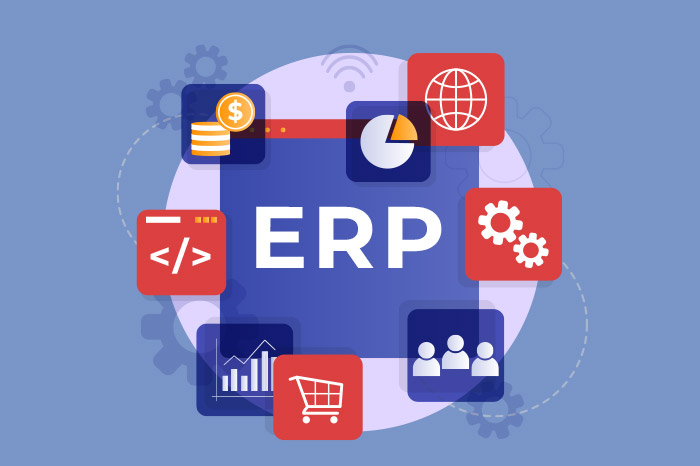
It is clear that if you are interested in improving your business, it is essential to proceed with an integrated ERP solution.
Which could be the advantages?
At first, the unified collection of all the valuable data in one database will offer you a single and reliable source of information for all business operations. As a result, there will be less chance of using the wrong data, and the cost of corrections (either in time or money) will reduce. Moreover, an integrated IT solution with ERP will upgrade reporting. It will be much easier and faster to create reports.
In general, it will highly automate and simplify all processes by:
- improving the task execution time, and
- increasing productivity and business profitability.
In which businesses is the use of ERP most popular?
The ERP solution is ideal for small, medium, as well as large businesses. Even the use of ERP is not limited to specific industries, although there are some where the use of ERP is more prevalent.
Let’s see some examples of some sectors that use it the most:
- Constructive companies
- Car industries
- Transportation companies
- Telecommunications/ Marketing
- Health sector
What is ERP – Conclusion
Considering everything we mentioned above, it is clear that the unified data management of all specific operations of your business is quite essential. So, it could be highly beneficial to consider using one of the best ERP programs, such as software systems produced by SAP, SoftOne, Epsilon Net, Entersoft, Microsoft, Odoo, etc.
Now, you are fully informed about what it is, which business functions it includes, its types and benefits for a company, and many more. Then, the only thing to do is to consider using an integrated ERP solution to organize your business operations effectively!
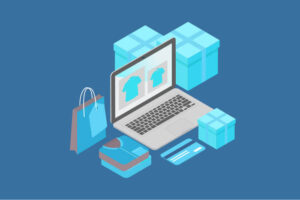
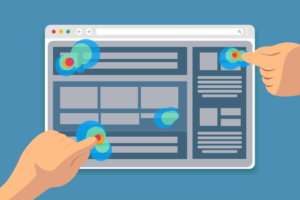

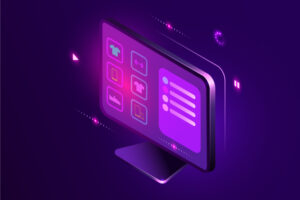

Join the Discussion